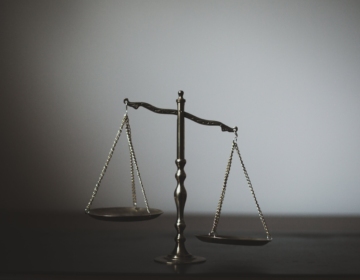What is Child Abuse?
Child abuse is any act that harms a child or young person. It can be done on purpose (intentional) or by not taking care of them properly (unintentional). The abuser can be parents, guardians, carers, other adults, or older teenagers.
Child abuse is a crime in Australia and is considered a form of domestic and family violence. It is important to recognise that child abuse is often hidden, and the affected children may feel fear, guilt or shame that prevents them from telling anyone.
In Australia:
- Every child has the right to be safe and protected from harm.
- There is no excuse for child abuse.
- Help is available, and you are not alone.
Child abuse can take many forms:
- Physical Abuse: This includes hitting, shaking, or smacking a child, causing physical harm like bruises, cuts, or broken bones. It also includes actions like burning or choking a child.
- Sexual Abuse: This involves any sexual touching or kissing. It also includes showing a child sexual materials (like pornography) or involving them in sexual acts. A child can never agree to any sexual activity.
- Emotional Abuse: This includes threats, yelling, making the child feel scared or worthless, and bullying. It can also involve ignoring the child or not showing them love and affection.
- Neglect: This happens when a child's basic needs are not met. This includes not giving them enough food, clean clothes, a safe place to live, or proper medical care. Neglect can also mean not paying attention to the child's emotional needs.
- Witnessing Domestic and Family Violence: This is when a child sees or hears violence between family members. This can deeply affect a child's mental and emotional health.
How Common is Child Abuse?
Child abuse is more common than many people think. In Australia, an estimated 14% of adults reported experiencing child abuse in 2021-22, according to the Australian Bureau of Statistics.
Recognising Child Abuse
Identifying and addressing child abuse can be complex, but some signs include:
- Ongoing poor hygiene or frequent absences from school.
- Not trusting adults or being overly cautious.
- Sudden and unexplained changes in behaviour.
- Inappropriate sexual knowledge or behaviour for their age.
- Not meeting developmental milestones without a medical reason.
Getting Help
If you suspect a child is being abused, it is crucial to get help. There are services and resources available to support and protect children.
Child Protection Services: Each state and territory in Australia has a child protection agency that investigates reports of child abuse and provides support to children and families.
Kids Helpline: Call 1800 551 800 for confidential advice and counselling for young people aged 5 to 25.
Local Community Services: Many local organisations offer support and resources for children and families dealing with abuse.
Counselling Services: Professional counsellors can offer emotional support and practical advice for children and their families.
For more information and support, visit our Support Services Page.

